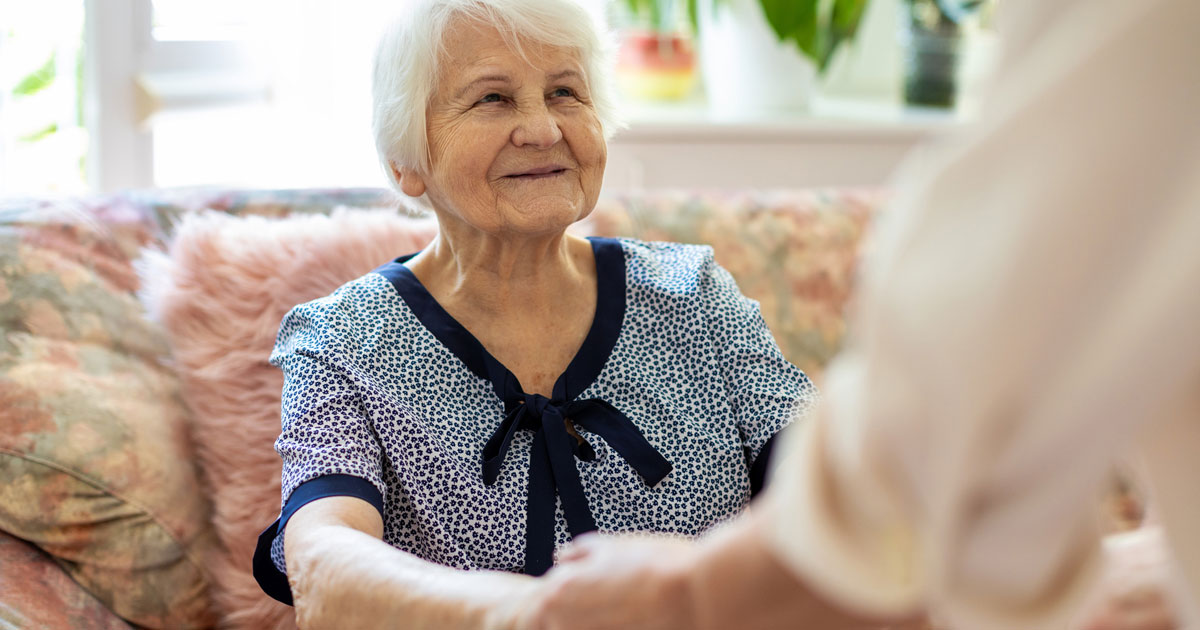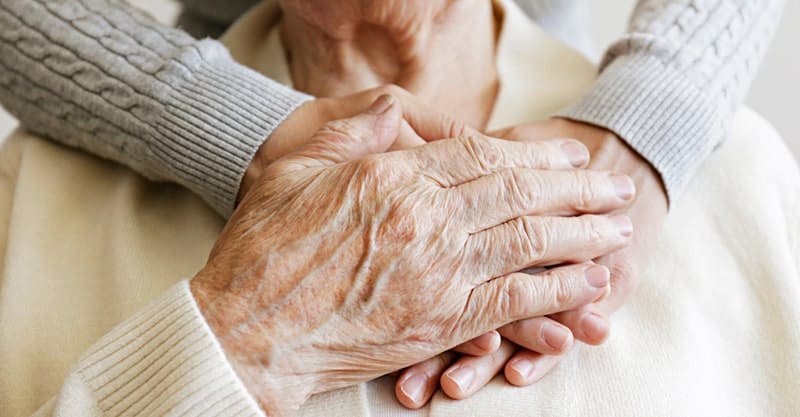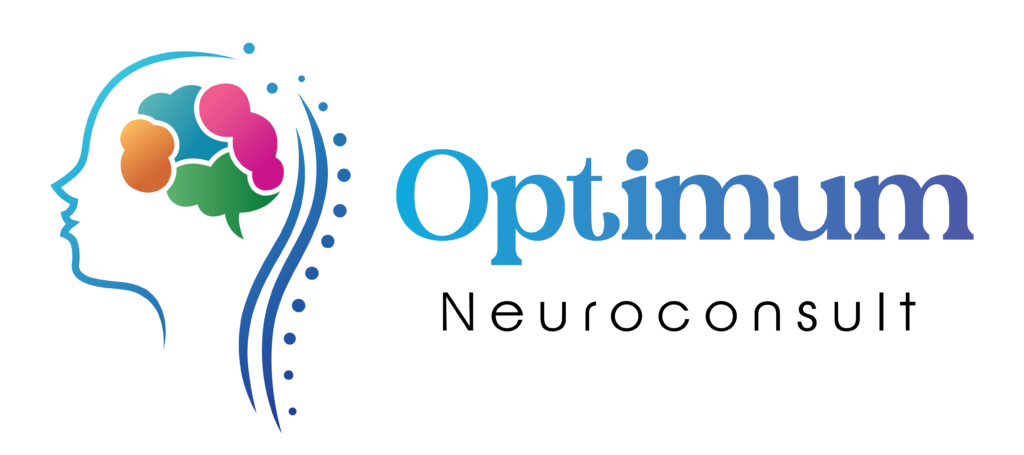Diseases of old age
Diseases of old age
As we age, our bodies and minds undergo various changes, making us more susceptible to certain neurological conditions. Understanding these diseases is crucial for early diagnosis and effective management. Here, we provide an overview of common neurological diseases associated with old age, their symptoms, and treatment options.

Common Neurological Diseases in Old Age
Alzheimer’s Disease:
- Symptoms: Memory loss, confusion, difficulty with language, and impaired judgment.
- Management: While there is no cure, medications and lifestyle changes can help manage symptoms and improve quality of life.
Parkinson’s Disease:
- Symptoms: Tremors, stiffness, slow movement, and balance problems.
- Management: Medications, physical therapy, and in some cases, surgical interventions can help manage symptoms.
Stroke:
- Symptoms: Sudden numbness or weakness, especially on one side of the body, confusion, trouble speaking, and loss of balance.
- Management: Immediate medical attention is critical. Rehabilitation, medications, and lifestyle changes are key to recovery and prevention of future strokes.
Dementia:
- Symptoms: Memory loss, difficulty performing familiar tasks, problems with language, and changes in mood and behavior.
- Management: Treatment focuses on managing symptoms, improving quality of life, and providing support to caregivers.
Peripheral Neuropathy:
- Symptoms: Numbness, tingling, and pain in the hands and feet, muscle weakness.
- Management: Managing underlying conditions, medications, and physical therapy can help alleviate symptoms.
Essential Tremor:
- Symptoms: Uncontrollable shaking, often starting in the hands.
- Management: Medications and, in some cases, surgical options can help control tremors.


importance of Early Diagnosis and Management
Early diagnosis and intervention are crucial in managing these diseases effectively. Regular check-ups, being aware of early signs, and consulting a neurologist at the first indication of symptoms can significantly improve outcomes.
Support and Resources
Living with or caring for someone with a neurological condition can be challenging. We offer resources, support groups, and educational materials to help patients and caregivers navigate these conditions. Our team of specialists is here to provide personalized care and guidance, ensuring that you or your loved ones receive the best possible support.

